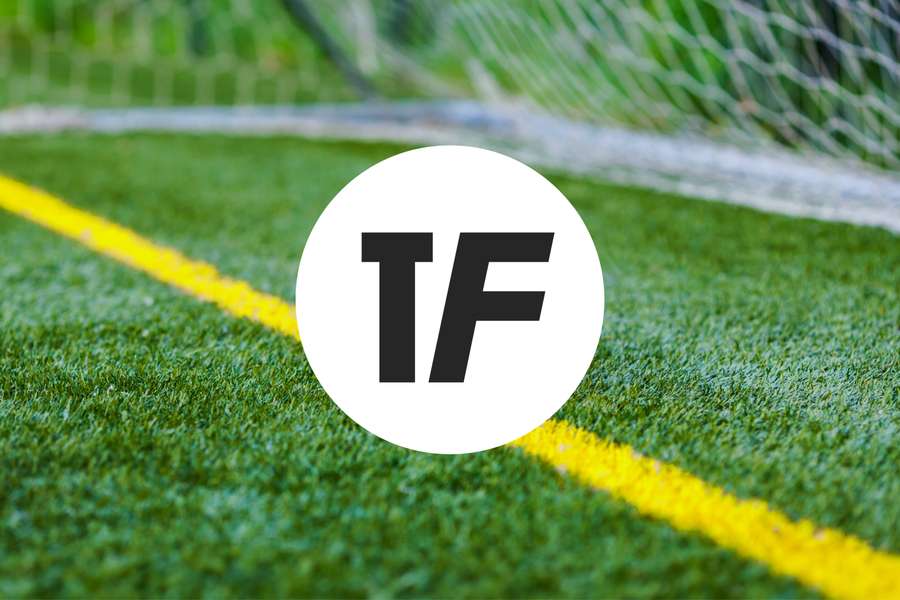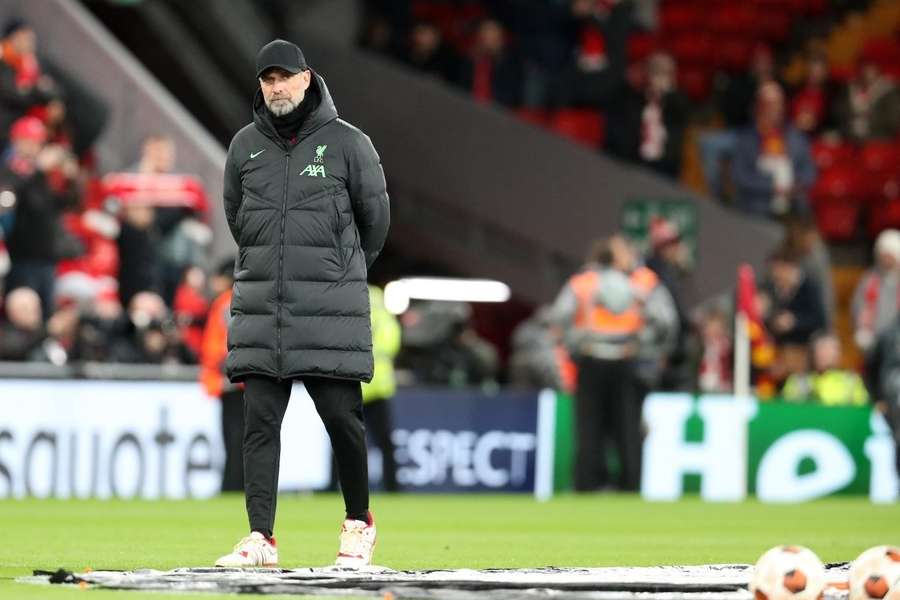Former Jiangsu team player requests salary payment, TueSports divides international championship
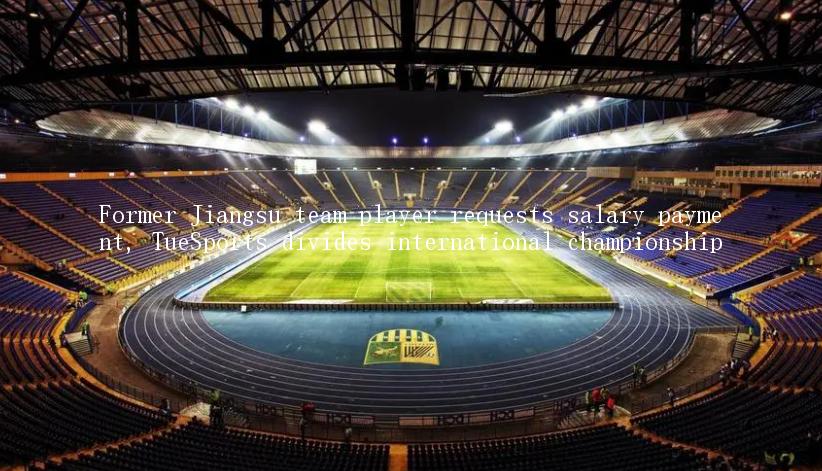
Recently, a former Jiangsu team player applied to the club because the team failed to pay his salary. This incident attracted widespread attention and discussion, and once again reflected some problems in the development of China's e-sports industry.
The request of the former Jiangsu team player is not just an individual case, but a common problem in the e-sports industry. In China, although the e-sports industry is developing rapidly, due to imperfect management systems, laws and regulations, etc., the protection of players 'rights and interests cannot be effectively implemented. This has also become a major bottleneck restricting the further development of the e-sports industry.
TueSports's dream of dividing international championships is not only the yearning of individual players, but also represents the pursuit of China's e-sports industry. The performance of China's e-sports team on the international stage has gradually emerged, but compared with South Korea, Europe and the United States and other countries and regions, there is still a certain gap. In order to narrow this gap, China's e-sports industry needs more investment and support.
As practitioners in the e-sports industry, the hard work and hard work of the players are also worthy of recognition and reward. In professional e-sports, players have a lot of training and a lot of pressure, and their efforts are no less than athletes in other sports. Therefore, the club should pay salaries in a timely manner in accordance with the contract to ensure that the rights and interests of the players are protected and at the same time stimulate their higher fighting spirit and enthusiasm.
How to solve the problems existing in China's e-sports industry requires the joint efforts of the government, enterprises, clubs and players. The government should introduce relevant regulations, establish a sound management system, and promote the standardization and healthy development of the e-sports industry; enterprises should increase investment and support for e-sports projects to enhance the team's strength and international competitiveness; clubs should reasonably manage and allocate financial resources to protect the rights and interests of players; players should continue to improve their technical level and make greater contributions to the e-sports industry in China.
RELATED STORIES
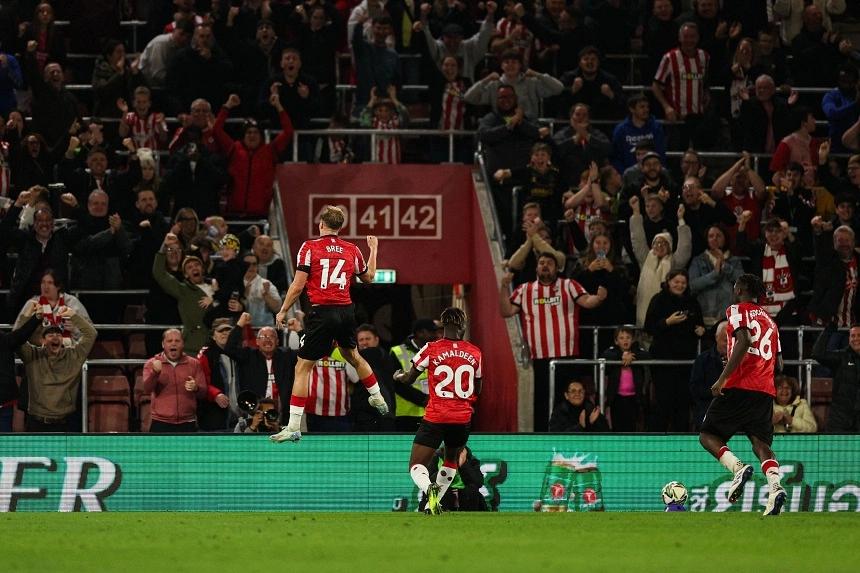
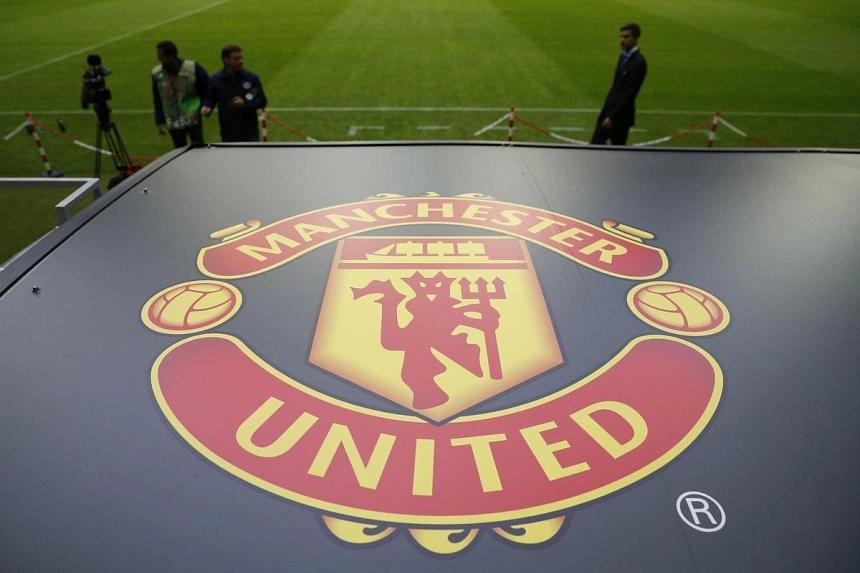
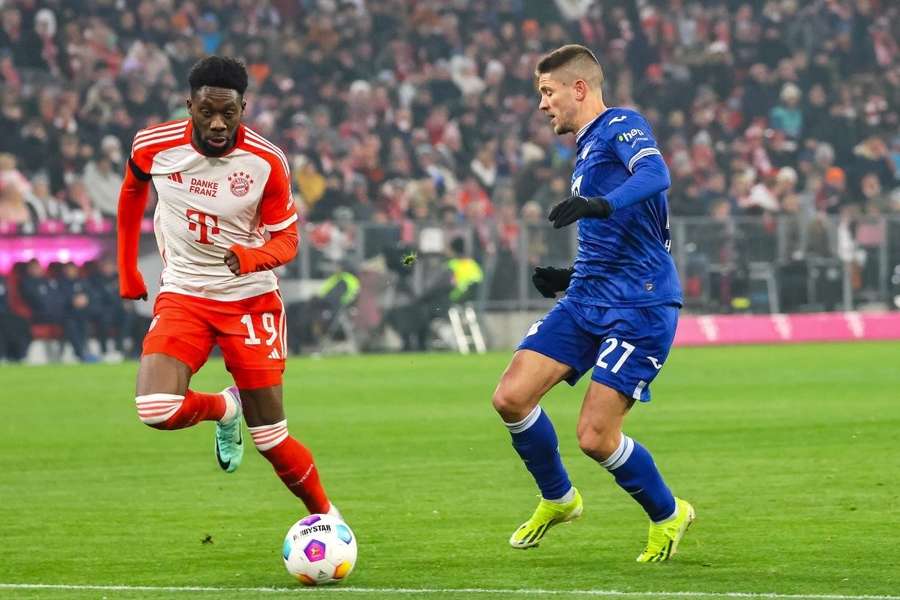



LATEST NEWS



